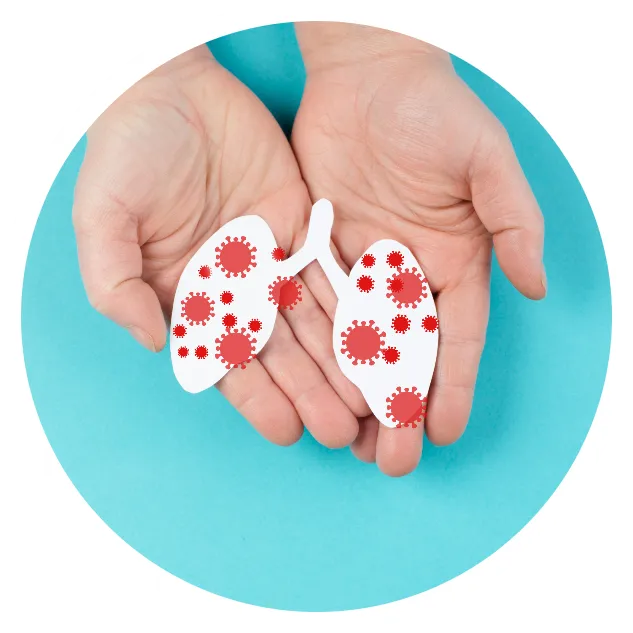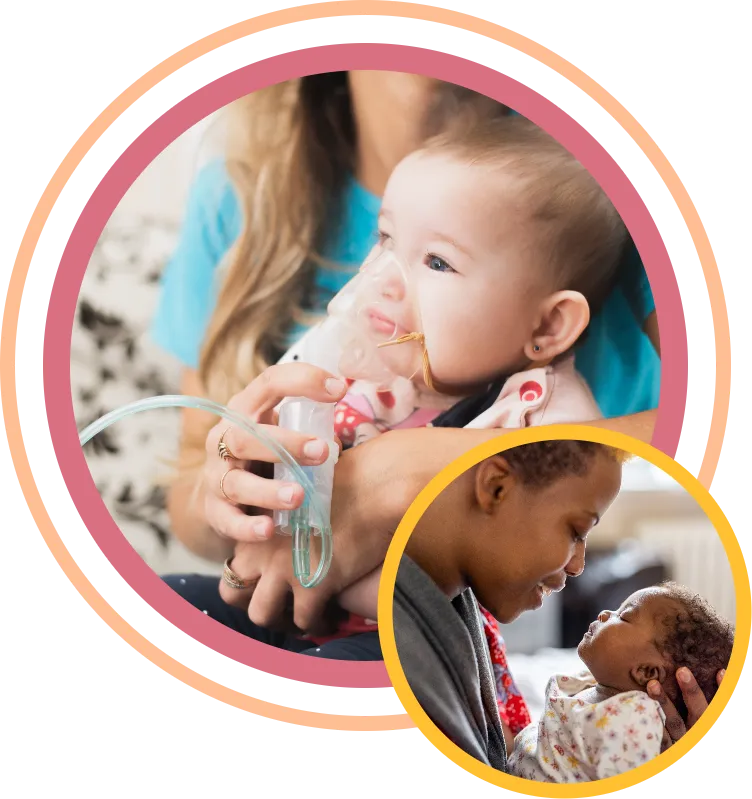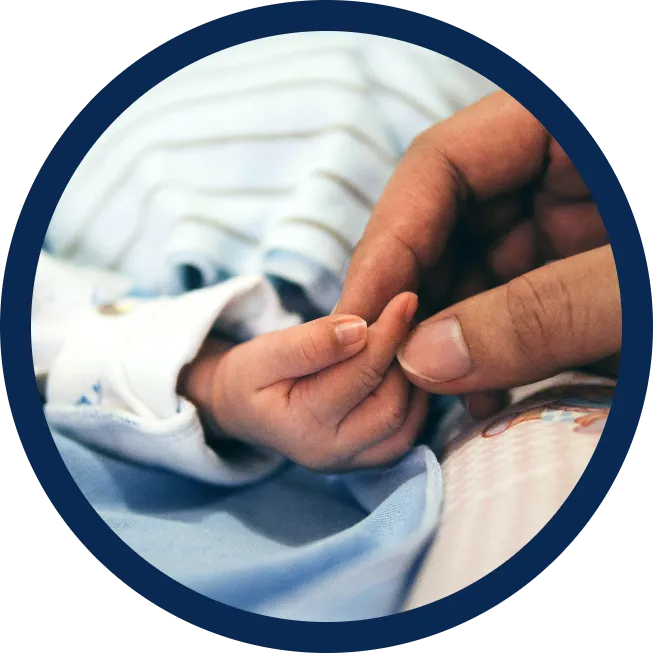RSV Protect
Protecting newborns
from first breath.
Protect newborns from RSV disease for the 2025 – 2026 RSV season
What is RSV?
RESPIRATORY SYNCYTIAL VIRUS (RSV) IS A PREVALENT AND HIGHLY CONTAGIOUS RNA VIRUS THAT CAUSES LOWER RESPIRATORY TRACT DISEASE (LRTD) AND UPPER RESPIRATORY TRACT DISEASE.1,2

RESPIRATORY SYNCYTIAL VIRUS (RSV) IS A PREVALENT AND HIGHLY CONTAGIOUS RNA VIRUS THAT CAUSES LOWER RESPIRATORY TRACT DISEASE (LRTD) AND UPPER RESPIRATORY TRACT DISEASE.1,2
What is RSV?

What is RSV?

RESPIRATORY SYNCYTIAL VIRUS (RSV) IS A PREVALENT AND HIGHLY CONTAGIOUS RNA VIRUS THAT CAUSES LOWER RESPIRATORY TRACT DISEASE (LRTD) AND UPPER RESPIRATORY TRACT DISEASE.1,2

TOP 5 THINGS YOU NEED TO KNOW ABOUT RSV AND YOUR NEWBORN BABY
- RSV in infants is most common in late fall, winter, and early spring.
Healthy-term babies account for the largest proportion of infants who get sick with severe RSV disease each year.2,6,7
The highest rate of infant hospitalization due to RSV occurs in the first three months of life.3,8
- You can now protect your baby from RSV.
- Talk to your healthcare provider to make an informed shared decision as to what protective measures are best for you and your baby.
Protect your newborn from RSV
“RSV has plagued us for years; we can now protect infants from this disease.”
- FMWC Maternal RSV Task Force Member
HEALTH CANADA HAS APPROVED TWO NEW PRODUCTS TO PROTECT INFANTS FROM RSV:
RSVpreF (AbrysvoTM, Pfizer), is a maternal RSV vaccine, indicated for the prevention of LRTD and severe LRTD caused by RSV in infants from birth through 6 months of age through active immunization of pregnant women and pregnant people from 32 through 36 weeks gestational age.11 It is administered intramuscularly as a single dose to the pregnant person in the third trimester of pregnancy (from 32 through 36 weeks gestation).
Nirsevimab (BeyfortusTM, Sanofi), is a monoclonal antibody, indicated for the prevention of RSV LRTD in neonates and infants during their first RSV season and children up to 24 months of age who remain vulnerable to severe RSV disease through their second RSV season.10 The recommended dose is a single fixed dose, according to body weight, given as a single intramuscular injection to infants at birth born during their first RSV season, and for infants born outside the season, it should be administered ideally prior to the RSV season.
Talk to your healthcare provider to make an informed, shared decision on how to best protect your newborn from RSV disease.

CURRENT GUIDELINES AND POSITION STATEMENTS
- RSV Prevention for Infants in Canada: Recommendations for the 2025-2026 RSV Season, FMWC Maternal RSV Task Force White Paper, June 2025
- FMWC (Federation of Medical Women of Canada) Respiratory Syncytial Virus (RSV): Recommendations for the Prevention of Disease in Infants for the 2024 – 2025 RSV Season
- CPS (Canadian Paediatric Society) Respiratory syncytial virus (RSV) prevention strategies for the 2024-2025 viral respiratory illness season
- SOGC (Society of Obstetricians and Gynecologists of Canada)
• SOGC Statement on RSV Immunization to Prevent Infant RSV Infection - NACI (National Advisory Committee on Immunization
• Statement on the prevention of respiratory syncytial virus (RSV) disease in infants. 2024.• Summary of the National Advisory Committee on Immunization (NACI) Statement of May 17, 2024. - CDC (Centers for Disease Control and Prevention)
• Use of the Pfizer Respiratory Syncytial Virus Vaccine During Pregnancy for the Prevention of Respiratory Syncytial Virus–Associated Lower Respiratory Tract Disease in Infants: Recommendations of the Advisory Committee on Immunization Practices — United States, 2023 | MMWR (cdc.gov)• RSV Vaccine Guidance for Pregnant People | RSV | CDC - UK Government Joint Committee on Vaccination and Immunization
• Respiratory syncytial virus (RSV) immunisation programme for infants and older adults: JCVI full statement, 11 September 2023 – GOV.UK (www.gov.uk)• National RSV vaccination programme announced – GOV.UK (www.gov.uk)


WHO ARE WE?
Led by the Federation of Medical Women of Canada (FMWC), we are a team of healthcare leaders, immunizers, experts, advocates and parents. We aim to inspire action and equip healthcare providers, pregnant women and pregnant people with the knowledge required for informed, shared decision-making on how to best protect newborns from RSV disease.

